- Home
- Cars
Cars
In the world of cars, speed and power are taking a back seat to advancements in technology and innovation. We’ll explain the how and why. Come along for the ride.
Explore More


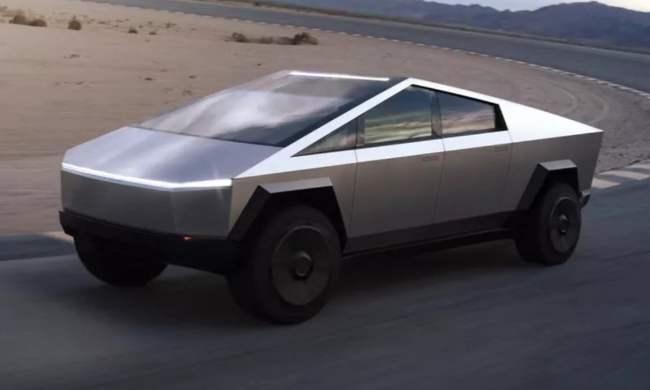
Tesla Cybertruck: everything we know
Tesla's head-turning Cybertruck is hitting the streets, but not without controversy. Here's everything you need to know about the Tesla Cybertruck.

Could Chinese cars save us from high EV prices?
The electric vehicle market is heating up, but it's still hard to find a great EV on the cheap. Could Chinese EVs save us from that issue?

Uber to bring robotaxis to its ridesharing app via Cruise deal
Ridesharing giant Uber and autonomous car specialist Cruise are teaming up to offer robotaxi rides in the near future.

Tesla has released a cheaper Model 3 — and I really hope it comes to the U.S.
Tesla has taken the wraps off of a cheaper Model 3, but for now, it's only available in Mexico. That's a shame -- I really hope the vehicle makes it to the U.S.
From Our Partners

In partnership with Surfshark

In partnership with MSI

In partnership with TORRAS

In partnership with Beatbot

Waymo’s honking robocars finally fall silent
Waymo has apparently finally gotten its honking robocars to be quiet after they caused a commotion in a San Francisco neighborhood.

2024 Cadillac Lyriq review: setting the stage
The Cadillac Lyriq represents Cadillac's vision for the future -- but is that vision worth pursuing? I drove the 2024 Cadillac Lyriq to find out.

2025 Cadillac Escalade IQ: price, design, specs, and more
The Escalade is going electric. Cadillac has finally taken the wraps off the Cadillac Escalade IQ, and it's coming soon. Here's everything we know.
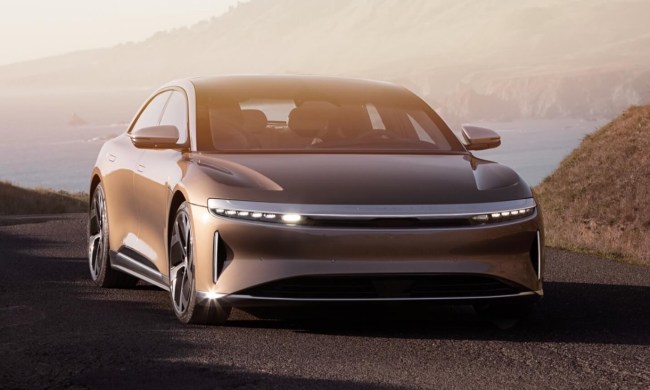
11 electric cars with the longest range
Electric cars are getting better and better, but being able to charge them quickly is still a point of concern. That's where a long-range car comes in.

Lamborghini’s Temerario combines high-octane and high-voltage thrills
The Lamborghini Temerario replaces the Huracán as the automaker's entry-level supercar, and adopts a plug-in hybrid powertrain like the flagship Revuelto.

Acura Performance EV Concept unveiled as a preview of things to come
The 2024 Acura Performance EV Concept made its debut to preview a sporty electric crossover that will make its debut in 2025.

Rivian’s Travel Kitchen lets EV drivers cook with watts
Rivian is launching a new portable kitchen powered by its EVs' battery packs.

Honking robotaxis are keeping San Francisco residents awake at night
There are lots of noises to keep you awake when you live in a city: busy traffic, police sirens, barking dogs, driverless cars. Wait — driverless cars?!?
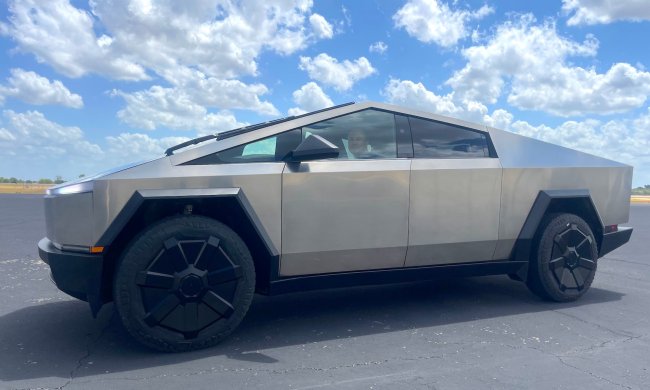
Cheapest Cybertruck now costs way more than $60,990
Tesla has stopped taking orders for its base model Cybertruck, meaning that the best-priced model now costs $99,990.

Tesla Model Y refresh: leaked photos and what we expect to see
A Tesla Model Y refresh is likely coming, and it'll bring with it a series of improvements. Here's what we expect from the Model Y refresh, code-named Juniper.
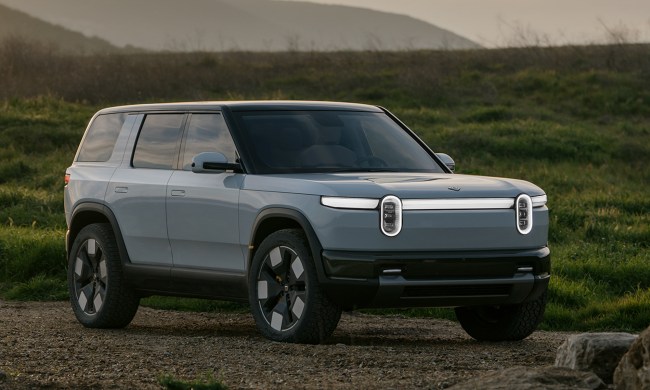
Rivian R2 compact SUV: everything you need to know
Rivian is pushing its cars into cheaper territory. The company has finally unveiled the Rivian R2. Here's everything we know so far.
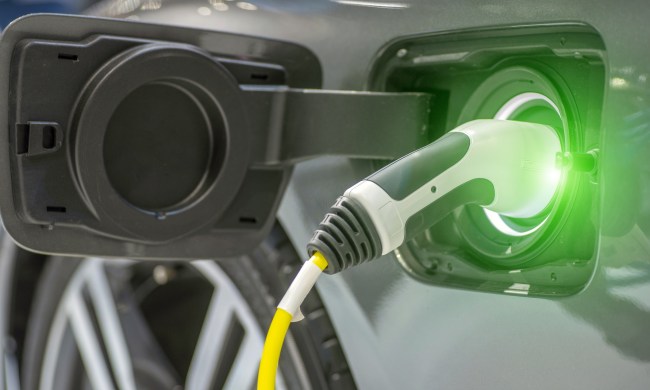
Can the power grid handle EVs? The common myth explained
EV charging will put additional strain on the power grid, but is it true to say that the grid won't be able to handle EVs? We asked the experts.

Rivian R3: Design, interior, and what we want to see
The Rivian R3 is Rivian's electric crossover that could take on the likes of the Ioniq 5 and Tesla Model Y. Here's what we know so far.

With 671 hp and physics-defying handling, Mercedes-AMG’s C63 is not your average plug-in
The 2025 Mercedes-AMG C63 S E Performance shifts to a plug-in hybrid powertrain to increase both performance and efficiency.

Figure’s latest robot is already in testing at a BMW plant
The Figure 02 runs 50% longer with three times the compute and inference power of its predecessor.

2025 Rivian R1S review: The best electric SUV gets getter
The Rivian R1S has long been considered among the best electric SUVs, but for 2025, it gets its first major refresh. Does the second-gen R1S deliver?

Rivian won’t add CarPlay to its cars. It doesn’t need to
Carmakers are struggling to build great software, but some new startups are head and shoulders above the competition -- like Rivian.

5 Rivian features that don’t get enough attention
The second-generation Rivian R1S is packed with features -- and not all of them get the attention that they deserve.

The Audi A6 e-tron blends in with combustion models, but that’s by design
The 2025 Audi A6 e-tron is the latest EV from the German luxury brand, and previews a new design direction for an uncertain future.

Tesla software update fixes hood safety issue on 1.8M cars
Tesla has issued a software update for 1.85 million of its vehicles in the U.S. to fix a safety issue involving the hood.

Best luxury EVs: Go electric in style
While there are plenty of luxury EVs out there, it can be difficult to find the right one for your needs, even if you have cash to spend on an electric vehicle,

Which Model Y trim should you buy? Model Y trims compared
The Tesla Model Y is the most popular EV for a reason -- but which Model Y trim should you buy? Here's a comparison of the three Model Y trims.

Volvo EX90 price, range, specs, trim options, and more
The Volvo EX90 is set to be one of the best electric SUVs to date. Here's everything we know about it so far.

Should you buy or lease an EV? We asked the experts
With cars quickly improving, it's becoming harder to decide whether you should buy or lease a car. We asked the experts to find out more.
































